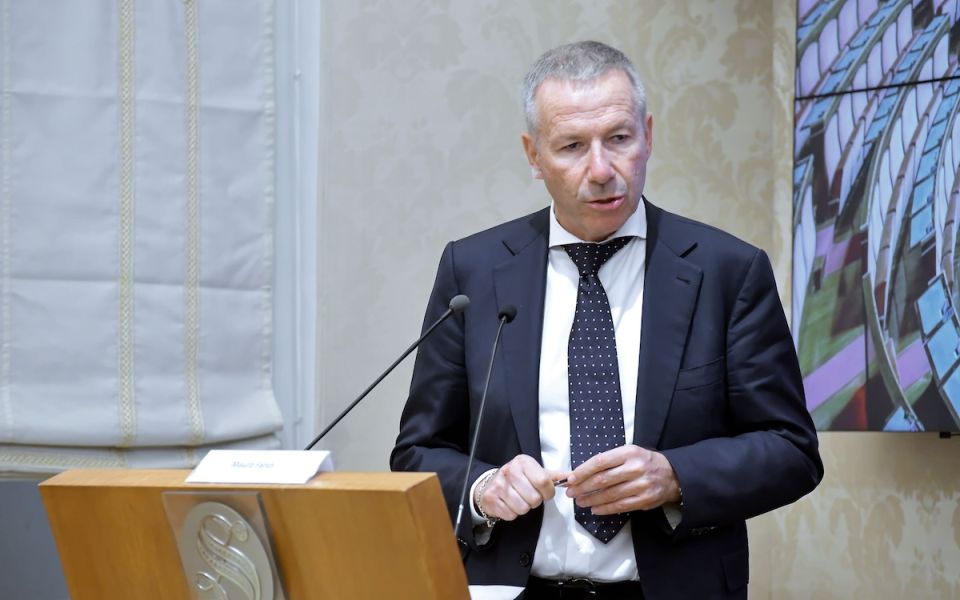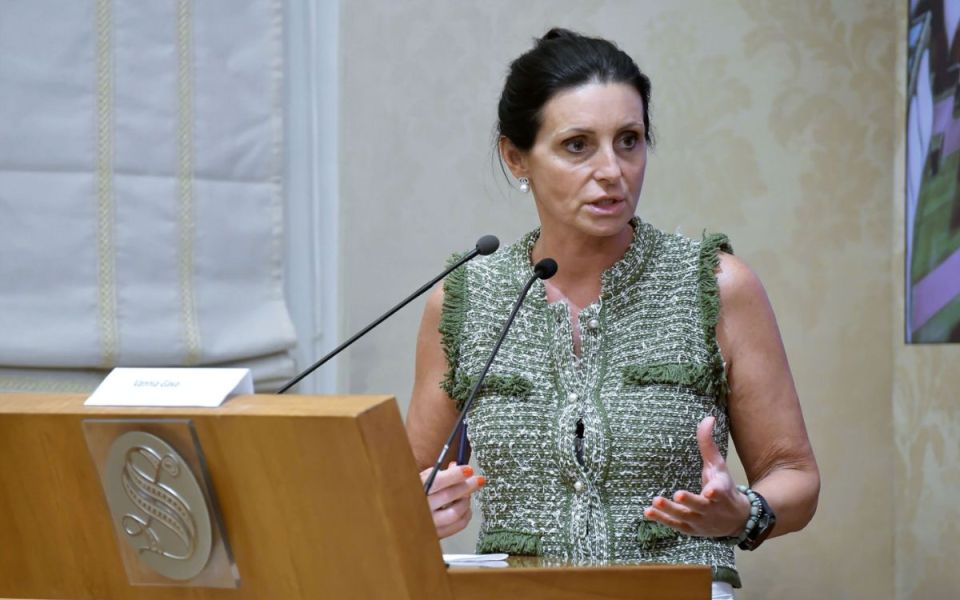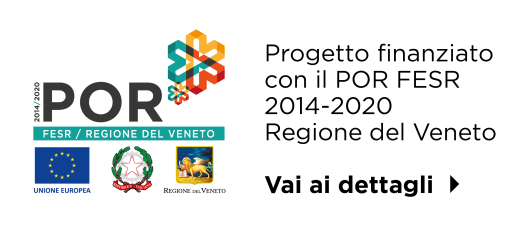-
- Quality, Safety & Environment
- Cereal Docks Group Lab
- Food Safety
- Certifications
- Go to Food quality and safety
- Research & Innovation
- Research areas
- The businesses of the future
- Publications
- In-company thesis
- Corporate Venture Capital
- Open Innovation
- Go to Research & Innovation
The Value of Italian Soy: A Dialogue Between Supply Chain Stakeholders and Policymakers
One crop, many supply chains, and an opportunity not to be missed. Today, in the institutional setting of the Sala Caduti di Nassirya at the Italian Senate, the conference “The Value of the Soy Supply Chain” takes place, promoted by Senator Luca De Carlo. At the heart of the discussion is the strategic potential of Italian-grown soy to strengthen the national agrifood sector, support the energy transition, and contribute to a more sustainable production model.
Moderated by Andrea Cabrini, Director of Class CNBC and Co-Editor-in-Chief of Milano Finanza, the debate brings together representatives from institutions, industry associations, agrifood companies, and leading players along the soy supply chain. The goal is to reflect on how enhancing the value of soy can contribute to greater self-sufficiency and resilience in the national system.
A Key Asset for the Country’s Future
Italy is currently Europe’s leading producer of non-GMO soy, supported by a well-established supply chain that spans agriculture, food manufacturing, animal nutrition, and renewable energy. This is a national asset made up of skills, investments, and infrastructure that can be further strengthened to address three major strategic priorities: food security, the energy transition, and environmental sustainability.
The national soy supply chain produces over 1.1 million tons of soybeans annually, used to manufacture high-protein meals and other nutritionally and functionally valuable ingredients. While significant, this figure still falls far short of the domestic demand, which exceeds 3.7 million tons. Italian production is characterized by high quality, ensured by full traceability, the absence of GMOs, sustainable agronomic practices, and strict quality controls along the value chain.
From Agrifood to Bioenergy: A Positive-Impact Supply Chain
More than 80% of the soy processed in Italy is used in the livestock sector in the form of high-protein plant-based meals, which are essential for producing quality animal-based foods. But soy’s value extends well beyond animal feed. It plays a role in the development of innovative food applications—from plant-based protein beverages and nutritional supplements to functional flours and emulsifiers like lecithin.
Soy oil, considered a structural by-product of the crushing process, has also emerged as a valuable renewable energy resource. It can be used as a bioliquid to generate electricity and heat or as a feedstock for advanced biofuels. In both cases, soy oil contributes to the decarbonization of the transport sector and enhances the flexibility and stability of Italy’s energy system.
An Opportunity to Reignite the National Soy Chain
In a context shaped by geopolitical uncertainty, market volatility, and the growing impact of climate change, the soy supply chain stands as a model of integrated and sustainable development—capable of reinforcing Italy’s autonomy in critical sectors like food and energy.
To fully unlock this potential, it is essential to adopt targeted support policies, promote innovation incentives, and implement tools that recognize and reward regenerative farming practices. These practices help increase soil fertility, reduce the need for chemical inputs, and improve the land’s ability to sequester atmospheric carbon.
The Senate roundtable offers an opportunity to present data, evidence, and policy proposals to support the growth of Italian soy, enhance the competitiveness of its supply chains, and build a more resilient, efficient, and future-oriented agro-industrial system.











